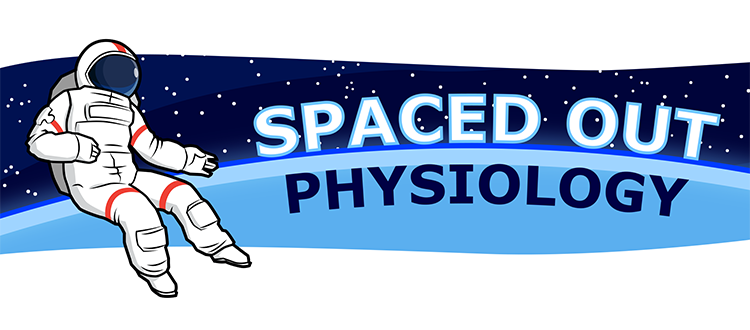
Illustrated by: Sabine Deviche
Life in Space
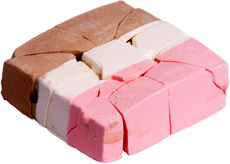
Astronauts seem to live the good life—floating and flipping through the air, looking at the Earth from 200 miles away, and eating special vacuum-packed meals. True, the ice cream is freeze-dried, but think of the amazing view they have while eating dessert. Being an astronaut is a cool job, but before you sign up you should know life in space isn’t all fun and games. The lack of gravity can make our bodies act in strange ways.
Living on Earth
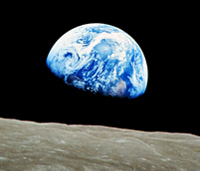
All living things on Earth have adjusted to the environment. This means that over time, humans have gotten used to the conditions here. One of the things we have grown used to is gravity. Walking around under the force of gravity requires strong muscles. In low-gravity environments such as in space or in orbit around the Earth, everything changes.
What If You Worked in Space?
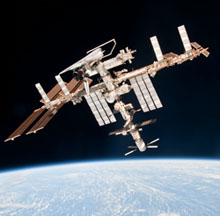
The International Space Station is a big laboratory 200 miles above the Earth that can hold six astronauts. The men and women living there stay in a low-gravity environment for months, or sometimes more than a year. After floating around for so long, they often have a hard time walking back on Earth. Some returning astronauts have to be carried out of the spacecraft because they cannot walk. This definitely doesn’t add to the list of astronaut work “benefits.” Why does this happen and what happens to a person’s body while they are in space?
Read more about: Spaced Out Physiology
Bibliographic details:
- Article: Spaced Out Physiology
- Author(s): Amy Shira Teitel
- Publisher: Arizona State University School of Life Sciences Ask A Biologist
- Site name: ASU - Ask A Biologist
- Date published:
- Date accessed:
- Link: https://askabiologist.asu.edu/explore/spaced-out-physiology
APA Style
Amy Shira Teitel. (). Spaced Out Physiology. ASU - Ask A Biologist. Retrieved from https://askabiologist.asu.edu/explore/spaced-out-physiology
Chicago Manual of Style
Amy Shira Teitel. "Spaced Out Physiology". ASU - Ask A Biologist. . https://askabiologist.asu.edu/explore/spaced-out-physiology
Amy Shira Teitel. "Spaced Out Physiology". ASU - Ask A Biologist. . ASU - Ask A Biologist, Web. https://askabiologist.asu.edu/explore/spaced-out-physiology
MLA 2017 Style
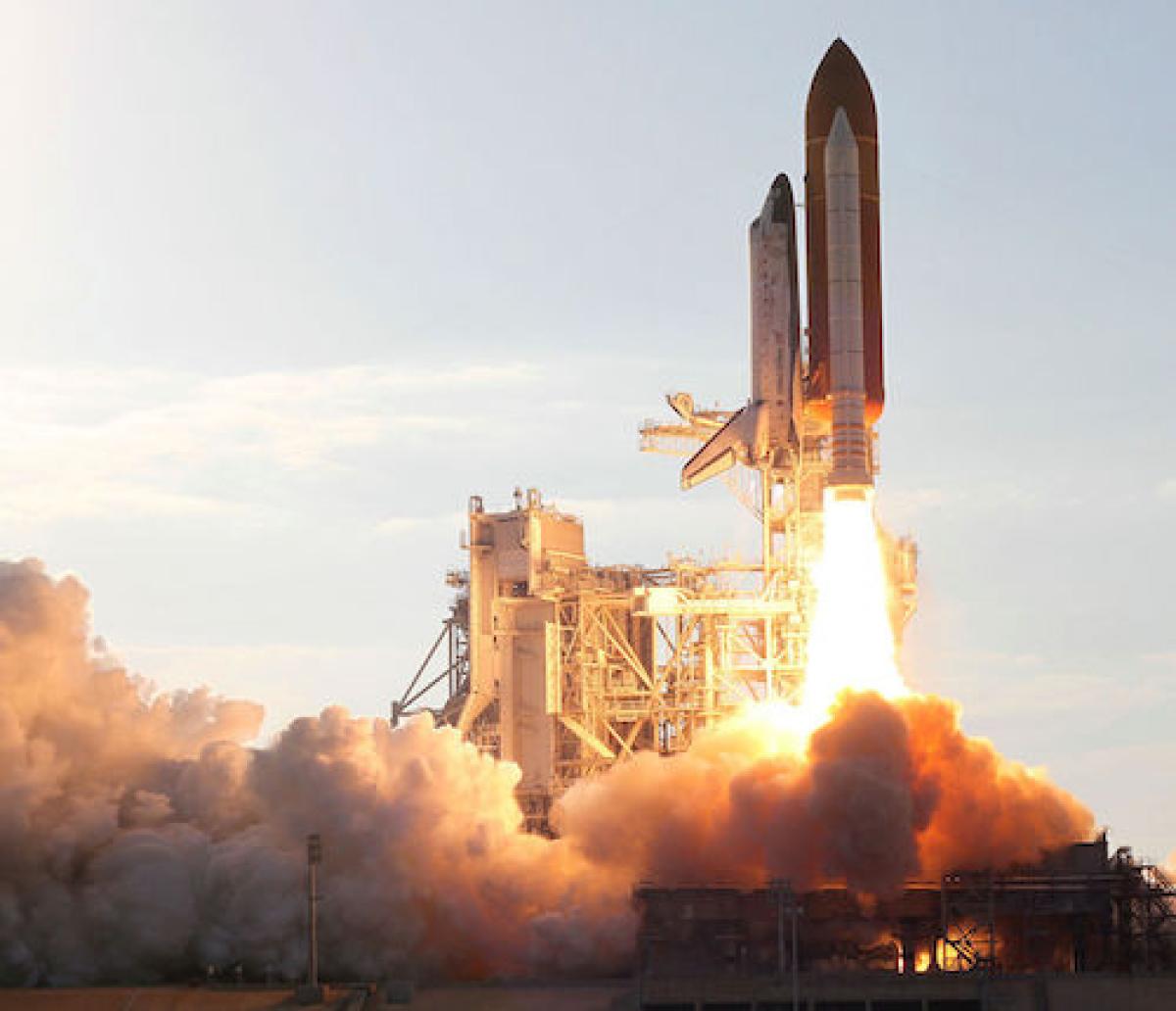
Takeoff of the shuttle Discovery.
Learn about astronauts and the history of humans in space at Ask An Earth and Space Scientist.
Be Part of
Ask A Biologist
By volunteering, or simply sending us feedback on the site. Scientists, teachers, writers, illustrators, and translators are all important to the program. If you are interested in helping with the website we have a Volunteers page to get the process started.


